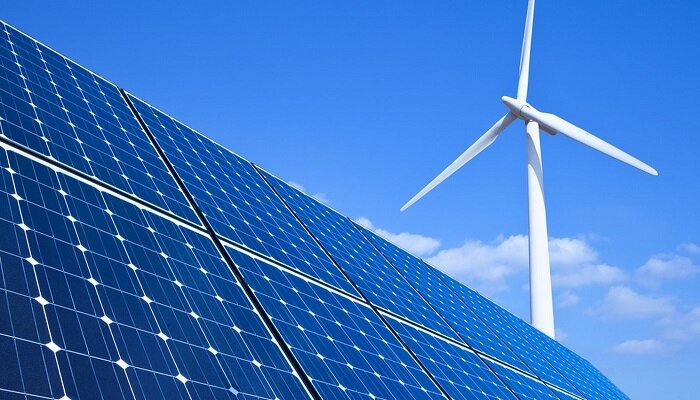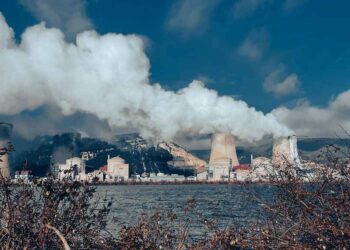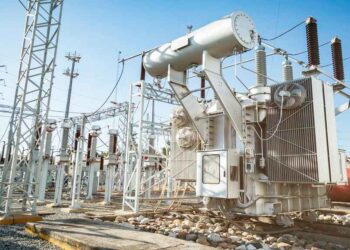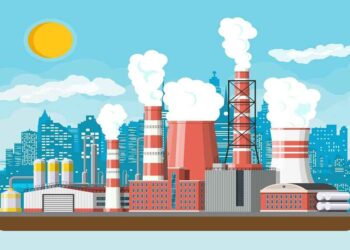According to research by the International Energy Agency, government spending has increased significantly since the pandemic began as a result of the energy crisis, reaching $1.2 trillion globally.
Over $500 billion more has been invested in clean energy spending only since March.
A total of 1,600 government-funded initiatives from 67 nations are included in the allocation for clean energy resources. The sum might spur private investment, increasing the total by another 50% to exceed $2 billion in 2030.
While developing and emerging nations have stressed short-term measures to keep the affordability of transportation, power, and cooking fuels, advanced economies have provided about 95% of the funding for energy investment.
The Executive Director of the IEA, Fatih Birol, said that the reactions from countries to the problem are moving in the right direction.
The unprecedented financial support for clean energy transitions that one is witnessing enhances energy security and reduces the negative effects of high fuel prices on consumers. However, there are alarming geographic inequalities, and if the global community does not weigh in to assist them in mobilising substantially more clean energy investment, many new and developing nations run the risk of falling behind, Birol added.
The US Inflation Reduction Act, as well as many measures from European nations, have led to some of the biggest investments in clean energy.







































